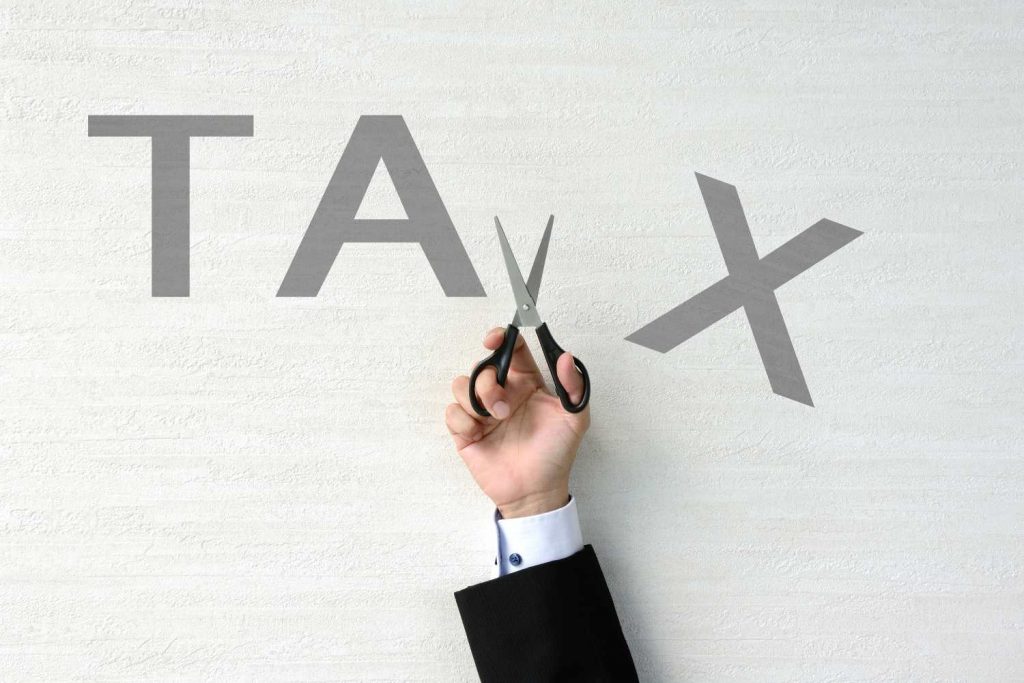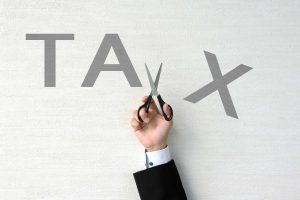Reducing Your Small Business's Tax Burden: 10 Expert Tips for UK Entrepreneurs

Choose the Right Legal Structure
Claim all Available Deductions
- Office supplies and equipment
- Business travel
- Staff salaries and benefits
- Professional fees (e.g., accountants, lawyers)
- Rent and utilities (if you have a dedicated office space)
Utilise the Annual Investment Allowance (AIA)
The AIA allows you to deduct the total cost of qualifying business assets (e.g., machinery, equipment, vehicles) from your taxable income in the year of purchase. As of April 2022, the AIA limit is £1m. This can provide substantial tax savings, particularly for businesses with significant capital expenditures.
Take Advantage of Tax Relief Programs
Several tax relief programs exist to help UK small businesses reduce their tax burden. Examples include:
- Research and Development (R&D) Tax Credits: For businesses investing in innovative projects.
- Patent Box: For companies earning income from patented inventions.
- Enterprise Investment Scheme (EIS): For businesses seeking external investment.
Consult a tax advisor to determine if your business qualifies for these programs.
Maximise Pension Contributions
Employ Family Members
Use a Company Car
Register for VAT
Plan for Capital Gains Tax (CGT)
Seek Professional Advice
Tax laws are complex, and every business’s situation is unique. Consult a qualified tax professional or accountant to ensure you’re taking full advantage of available tax savings.
Conclusion
Recent Posts

Why Payroll Management Is Important & The Benefits It Brings
Why Payroll Management Is Important & The Benefits It Brings Payroll management, often underestimated, is the backbone of a company’s financial stability and integrity. Ensuring

Reducing Your Small Business’s Tax Burden
Reducing Your Small Business’s Tax Burden: 10 Expert Tips for UK Entrepreneurs Taxes can be a significant expense for small business owners, but there are

Mastering Cash Flow Management
Mastering Cash Flow Management: The Key to Small Business Success Managing cash flow is crucial for small business owners to stay afloat and achieve financial
Accountancy Services
Need Accounting Help For Your Business?
High Clarity Accountants are a team of highly qualified professional accountants helping business owners keep on top of their finances.
